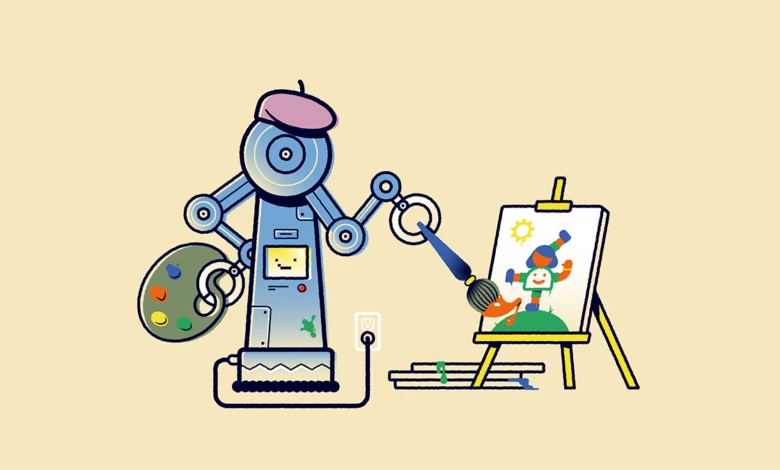Gen AI: Rethinking the Costs & Benefits

▼ Summary
– Generative AI is widely discussed for its significant impact across various sectors.
– Many articles highlight how organizations can use AI to enhance work speed and scale.
– AI is also promoted for automating and streamlining business processes.
– Individuals are targeted with lists of AI tools claiming to boost personal efficiency.
– These tools often promise to handle repetitive or mundane tasks, freeing up time.
Generative AI is transforming industries at an unprecedented pace, with promises of increased efficiency and automation reshaping how businesses operate. From speeding up workflows to eliminating repetitive tasks, the technology has become impossible to ignore. Companies across sectors are exploring ways to integrate AI-driven solutions, while individuals encounter endless recommendations for tools designed to boost productivity.
Yet beneath the surface of these advancements lie critical questions about costs, trade-offs, and long-term implications. While AI can undoubtedly accelerate processes, its widespread adoption raises concerns about job displacement, ethical considerations, and the true value of automation. Many tools marketed as time-savers require significant setup, training, or ongoing oversight, factors often overlooked in the excitement surrounding new technology.
The conversation around generative AI needs to shift from hype to practical evaluation. Organizations must weigh the benefits of automation against potential risks, including data security, bias in outputs, and the environmental impact of running large-scale AI models. Similarly, individuals should assess whether these tools genuinely enhance their work or simply add another layer of complexity.
Rather than chasing every new AI solution, a more strategic approach involves identifying where automation delivers measurable improvements without sacrificing quality or human oversight. The most effective implementations will balance innovation with thoughtful consideration of the broader consequences, ensuring that AI serves as a tool for progress rather than an unchecked disruptor.
(Source: Harvard Business Review)





